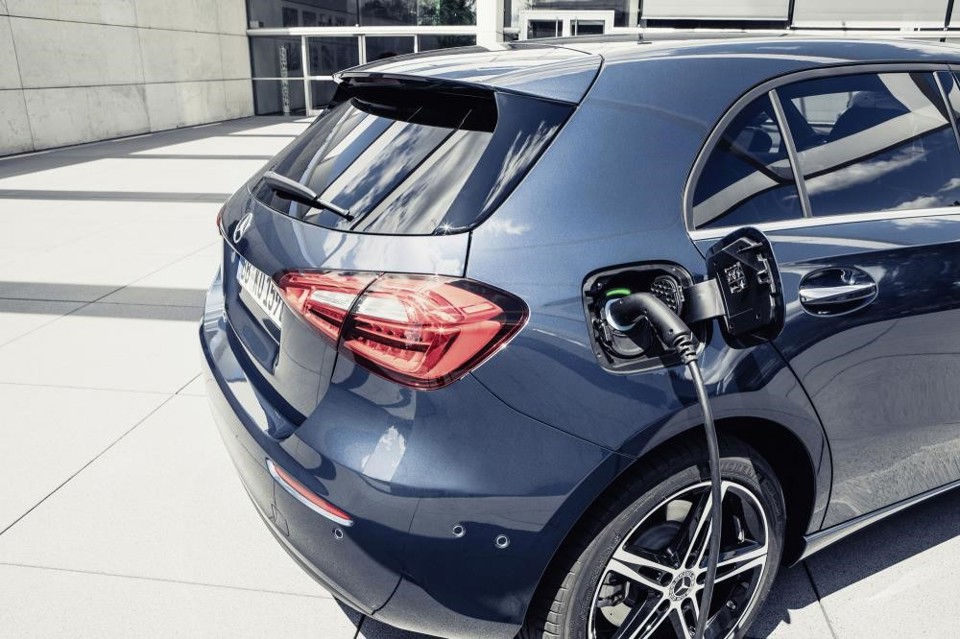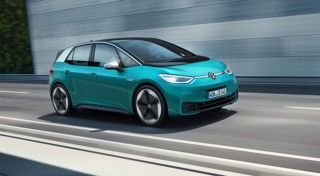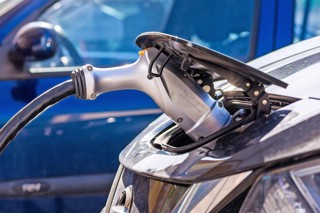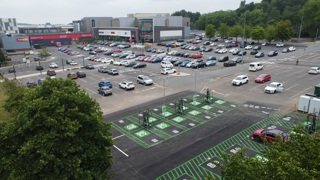The Labour Party has made a commitment to accelerate the uptake of electric vehicles (EVs) at its conference and acknowledged the important role fleets play.
A series of proposals and incentives for drivers and fleets were announced by Shadow Business Secretary Rebecca Long-Bailey, who announced that a Labour government will invest £5.8 billion in the automotive industry to accelerate the shift to EVs.
In her announcement, Bailey set out Labour’s ambition to see all business car fleets go 100% electric by 2025.
It proposes to remove the £320 Vehicle Excise Duty (VED) surcharge on EVs purchased for private fleet use above £40,000 for two years.
Gerry Keaney, chief executive of the British Vehicle Rental and Leasing Association (BVRLA), said: “It is reassuring to see fleets being acknowledged in this announcement as it indicates a degree of understanding and appreciation of the key role that fleets play in delivering the UK’s zero emission goals.
“We welcome the proposed removal of the £320 surcharge for EVs, which was one of our recent pre-Budget calls to the Chancellor, but this on its own will not be enough for fleets to meet this 2025 target.
“We need to remove some of the uncertainties that are currently stifling progress. The fleet sector needs some long-term clarity on future company car tax rates for electric vehicles. We would also like to see continued support for the Plug-in Car Grant to at least 2025.”
The Government announced in July that company car drivers choosing a pure electric vehicle will pay no benefit-in-kind (BIK) tax in 2020/21.
In its long-awaited response to its review of WLTP and vehicle taxes, to which Fleet News is listed as a respondent, HM Treasury has binned the previously published BIK rates for 2020/21.
Instead it has created two new BIK tables for company car drivers; a table for those driving a company car registered after April 6, 2020, and one for those driving a company car registered before April 6, 2020.
Keaney continued: “BVRLA members are currently responsible for around 35% of the UK’s plug-in electric vehicles, but this figure can be far greater with the right incentives and support for fleets.”
As well as incentives for fleets, the Shadow Business Secretary also announced a range of proposals for individuals, including the introduction of a new loan scheme and a proposed new scrappage scheme aimed at replacing 400,000 of the most polluting cars with EVs
Keaney said: “Although the proposed scrappage scheme is a positive step forward to encourage people to switch to electric vehicles, we would suggest investment in mobility credits which are a more sustainable solution in the long run.
“We are glad to see the Labour Party recognising the important role that car sharing plays in encouraging sustainable transport behaviour and we are in touch with the shadow team to find out more details about how they plan to implement these schemes.”
Fiona Howarth, CEO of Octopus Electric Vehicles, argues that Governments need to be "bold in acting to stem the damage that air pollution is having around the world".
"The climate challenges we face are serious and require large scale change," she said. "EVs can provide a significant part of that solution but their upfront cost can be higher than their petrol and diesel counterparts.
“Brave strategies to help people with this, so they can then enjoy the low running costs, would be a great step towards a cleaner, greener UK."
Josh Hardie, CBI deputy director-general, said: “Business is completely behind the transition to a net-zero economy by 2050. To meet this target we must have ambitious policy. Investing in our electric car industry and new charging infrastructure, while supporting people and businesses with the move to low-emission vehicles, is exactly what we need.
“Business is at the heart of the transition. It has already helped drive forward record breaking levels of renewable energy and is on course to deliver subsidy-free offshore wind power in the 2020s.
“However, in the push to reach net-zero as fast and as cost-effectively as possible, renationalisation will hugely disrupt the investment needed in the energy sector to de-carbonise. The Labour Party needs to work with business to make the transition a success.”






















Capt Slow - 25/09/2019 13:33
No doubt, this will be funded using their magic money tree as usual so wont happen. Sound bites with no chance of happening.